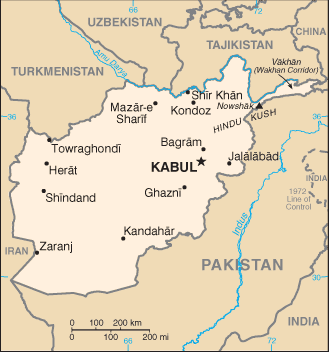Last year’s preliminary Afghan peace talks quickly fell apart after the Afghan government revealed that Taliban leader Mullah Omar was dead for years, and a divided Taliban leadership had no choice but to abandon the talks.
 The Afghan assumption seems to have been that this would weaken the Taliban’s negotiating position, but as the Taliban is gaining increasing amounts of territory beating the Afghan military across Helmand Province, there is less and less leverage for getting the Taliban back to the table.
The Afghan assumption seems to have been that this would weaken the Taliban’s negotiating position, but as the Taliban is gaining increasing amounts of territory beating the Afghan military across Helmand Province, there is less and less leverage for getting the Taliban back to the table.
Indeed, the whole reason the first round of talks happened was because Pakistan pressed the Taliban leadership, which was largely operating out of Quetta. As the Taliban gets more territory of its own in Afghanistan, Pakistan has steadily lost influence.
Getting the Taliban back to the negotiating table now is likely to involve more concessions toward them, and even then will rest on how well Mullah Mansour, Omar’s successor, is able to handle the ongoing infighting with rival commanders.


